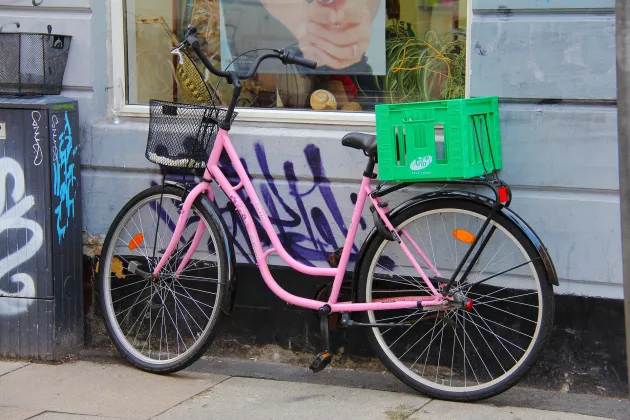Policymakers and scientists are paying increasing attention to how social norms can promote pro-environmental behaviour and sustainable energy use. We contribute to this field by experimenting with and assessing the impacts of social norms on low-carbon mobility options. Taking Sweden as a case study, we develop two complementary randomised controlled experiments to: 1) analyse the role of social norms in promoting the adoption of car sharing services (CSS) via descriptive and injunctive norms (N = 720); and 2) investigate potential crowd out effects when injunctive norms are used to promote a low-carbon transport hierarchy (N = 730). First-order effects show that social norms have a positive but marginal impact on the willingness to adopt CSS, and only injunctive norms have the potential to steer behaviour in the desired direction. Results also suggest that concerns about potential substitution effects between low-carbon transport options and CSS are not valid. With due limitations, our findings have various implications for policymaking, notably that for social norms to be effective, other policy instruments are critically needed. Of particular importance are the environmental effectiveness of CSS and complementarities between public transport and active mobility (i.e. walking and cycling).
Read the article here.


